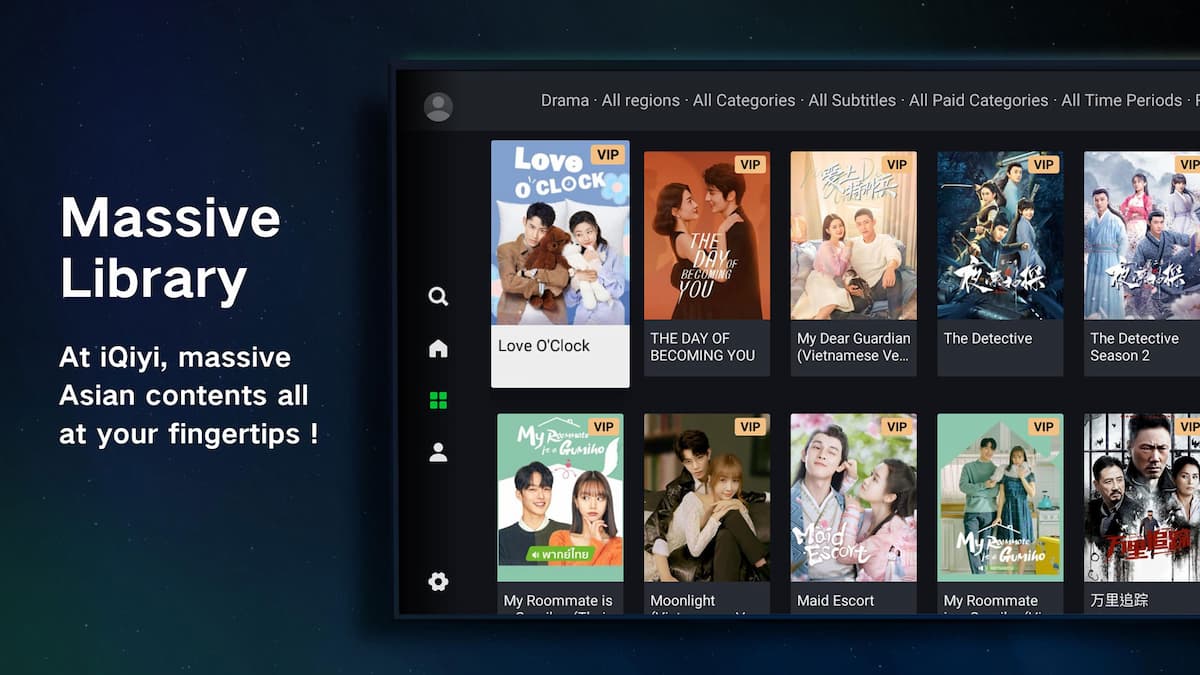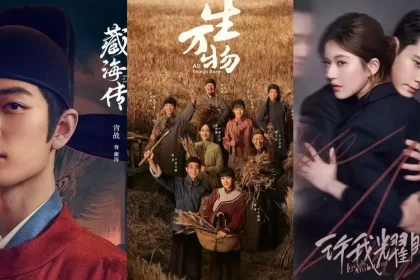LayarHijau – Rising actress Zhou Ye has once again found herself at the center of a storm, exposing how fragile a celebrity’s image can be in China’s social media ecosystem.
The Chain of Attacks: From a Celebrity’s Daughter’s Comment to the “Rolling Eyes” Clip
Within just two days, Zhou Ye was dragged into two unrelated controversies. The first began when the daughter of well-known TV host Li Xiang, Wang Shiling, was heard in a livestream saying, “I don’t like Zhou Ye.” The short clip quickly went viral, sparking heated debates over the actress’s reputation.
Before the discussion could settle, Zhou Ye faced another wave of scrutiny after being accused of “rolling her eyes” at Dilraba Dilmurat during Dior’s Paris Fashion Week event. A few seconds of video posted by marketing accounts rapidly climbed Weibo’s trending search list under provocative headlines, World Journal reported.

While some fans argued that Zhou Ye’s expression was directed at staff nearby, the narrative of “impatience” and “dislike toward Dilraba” had already spread widely across social media.
— Layar Hijau (@layar_hijau) October 8, 2025
This isn’t the first time Zhou Ye has been caught “losing control of her facial expressions.” She was previously reported to have given reporters a cold look and rolled her eyes backstage at a CCTV event, and has been repeatedly described by insiders as having a “cold and difficult personality.”
The resurfacing of this narrative came just after the success of her latest drama, Legend of the Female General, which has solidified her position among the most promising young actresses of the year. Amid the ongoing rumors, Zhou Ye has chosen to remain silent — a cautious move in an online space where every explanation only keeps a controversy alive longer.
Double-Edged Attacks: From Wang Churan’s Case to the Reputation Domino Effect
Zhou Ye’s case reminds many of Wang Churan, another actress who became a prime example of how negative narratives can snowball into sustained smear campaigns.
The attacks against Wang Churan began with rumors of her romantic involvement with Yang Yang before their drama even aired. By the time it was released, public perception had already turned against her, accusing her of riding on her co-star’s fame. That impression was later reinforced by viral clips and gossip about her demeanor.
The smear campaign against Wang Churan worked effectively because it targeted two fronts:
Attitude toward the public and staff: a livestream clip that allegedly showed her rolling her eyes was framed as arrogance or impatience toward fans.
Attitude toward co-stars: another accusation claimed she appeared displeased at an event also attended by actor Tan Jianci, furthering the idea that she was difficult to work with.
Why “Eye-Roll” Videos Work So Well
The cases of Zhou Ye and Wang Churan reveal a recurring pattern in China’s entertainment industry — how marketing accounts and netizens fuel narratives of rivalry among actresses and exploit ambiguous expressions for clicks.
Visual smear tactics like “eye-roll” videos work because of their psychological impact:
Instant Emotional Access: nonverbal cues are a universal language for disdain or annoyance. A short clip can trigger immediate emotional reactions without any context.
Confirmation Bias: once a negative narrative forms, an ambiguous expression becomes “proof” that reinforces public prejudice.
This phenomenon shows how a single facial expression can be weaponized, turning into a nationwide debate and manipulating public perception of young women in the industry.
Cultivating Awareness in the Era of Short Videos
In the flood of Chinese entertainment content, netizens are urged to assess each viral video with a fuller sense of context. A few seconds of footage rarely represent the whole situation — especially when posted by marketing accounts that rely on sensationalism for traffic.
Rather than jumping to conclusions, viewers can check the original source, time of recording, and who first uploaded the clip. Such small steps can prevent misunderstandings about public figures who often become targets of online speculation.
The “two-actress rivalry” trope has long been a recurring pattern on Chinese social media. In many cases, an actress’s choice to remain silent isn’t an admission of guilt — it’s an effort to keep the issue from being endlessly amplified by algorithms that thrive on conflict.




















